K-12 Virtual Program
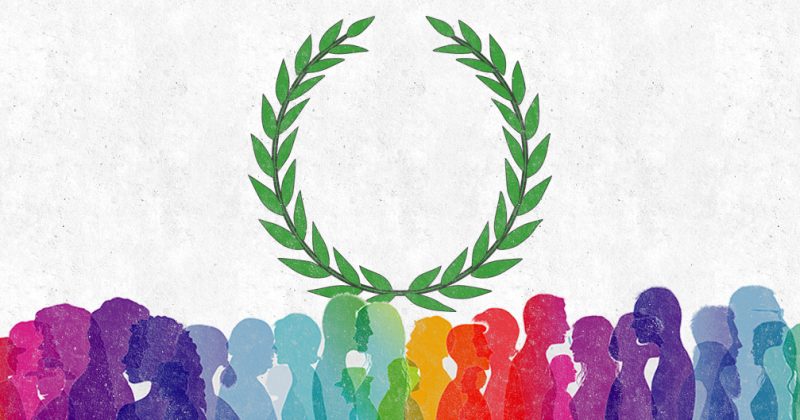
Dr. Darla K. Deardorff, Executive Director of the Association of International Education Administrators, will lead us in a training experience to build intercultural competencies based on her newly released Manual for Developing Intercultural Competencies: Story Circles, published by UNESCO and Routledge. The Story Circles methodology promotes intercultural competence development in building more inclusive societies and can be used in and out of classrooms. It has been piloted around the world through the United Nations and is now available in 5 languages as open-access for all through this link: https://www.taylorfrancis.com/books/9780429244612.
We will learn more about this intercultural tool and experience Story Circles through a highly interactive virtual session.
Schedule | Speaker | Program Materials | Support
Schedule
| Thursday, OCTOBER 8th | |
| 3:30 p.m. | Welcome
Charlé LaMonica, Director, World View, UNC-Chapel Hill
Elaine Marshall, NC Secretary of State
|
| 3:35 p.m. | UNESCO Intercultural Competency Training
Dr. Darla Deardorff, Executive Director, Association of International Education Administrators
|
| 5:30 p.m. | Adjournment |
Speakers
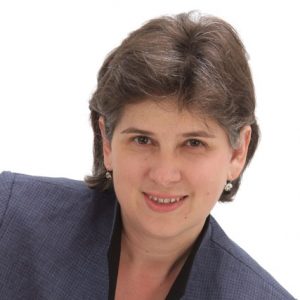 |
Darla K. Deardorff is executive director of the Association of International Education Administrators, as well as a research scholar at Duke University. She is an EAIE trainer who holds a master’s degree in adult education with a focus on second language acquisition and a doctorate degree in education with a focus on international higher education. Darla has lived and taught abroad in Germany, Switzerland and Japan and is a faculty member at several universities around the world including in China, Japan, the US and South Africa as well as having served as faculty at Harvard’s Future of Learning Institute, Harvard’s Global Education Think Tank and the Summer Institute of Intercultural Communication. Founder of the World Council on Intercultural and Global Competence and ICC Global, she has conducted cross-cultural training for universities, companies and nonprofit organizations for over 20 years and is frequently invited to give talks around the world. A recipient of numerous awards including Fulbright, Darla has published widely on international education, intercultural competence and outcomes assessment with eight books and more than 60 articles and book chapters. |
Welcomers
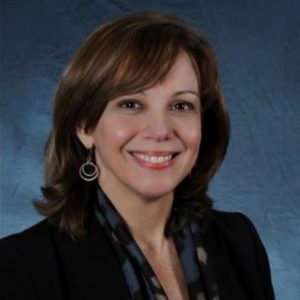 |
Charlé LaMonica is the director of World View. She works with World View’s Partners both on and off campus; forges strategic alliances and collaborations with schools, districts, and community colleges; leads the Global Education Leaders Program, and represents World View in NC and on the national and global stage. Charlé holds a master’s degree from UNC Charlotte and a bachelor’s degree from Boston College. |
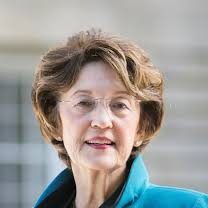 |
In 1996, Secretary of State Elaine F. Marshall became the first woman ever elected to a statewide, executive branch office in North Carolina. Secretary Marshall was a member of the NC State Senate before rising to statewide office. She holds a B.S. in Home Economics from the University of Maryland and a law degree from Campbell University. She has received Honorary Doctorate Degrees from Campbell University, Lees-McRae College, Meredith College and the Republic of Moldova Testemitanu State University of Medicine. Since becoming Secretary of State, she has received numerous state and national awards for leadership in technology, government innovation, and women’s leadership. |
Program Materials
Please read pages 1 – 11 (Background), pages 13 – 59 (Story Circles), page 70 (UNESCO Story Circles Information Sheet) and page 71 (General handout).
General support provided by:
|
|
 |
In-kind support provided by:
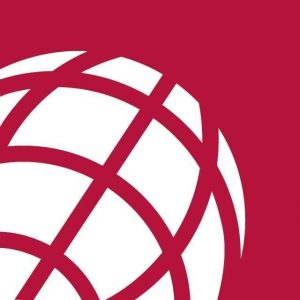
North Carolina Department of Public Instruction Global Education

